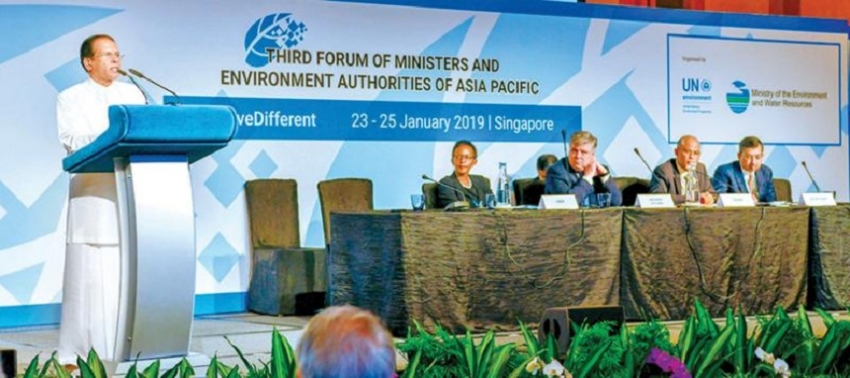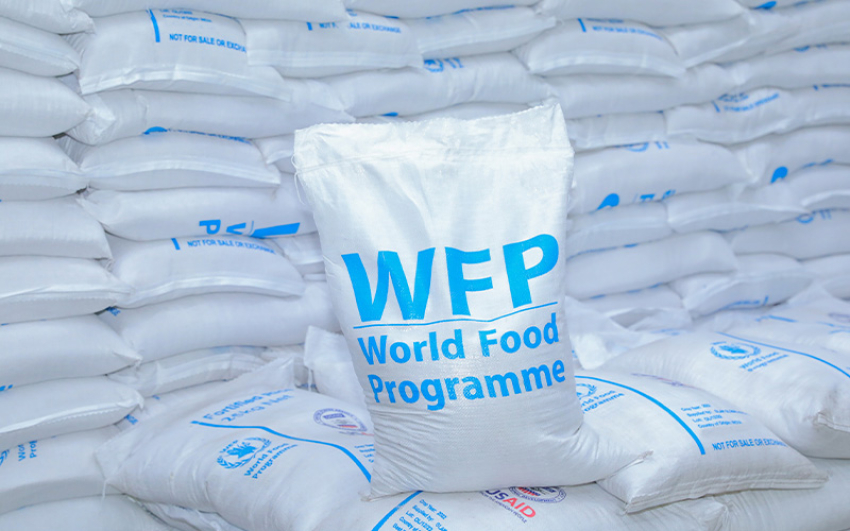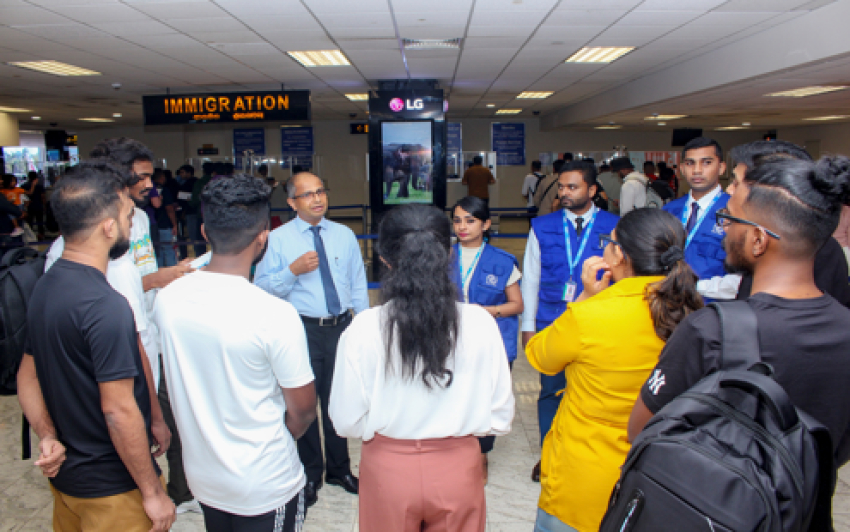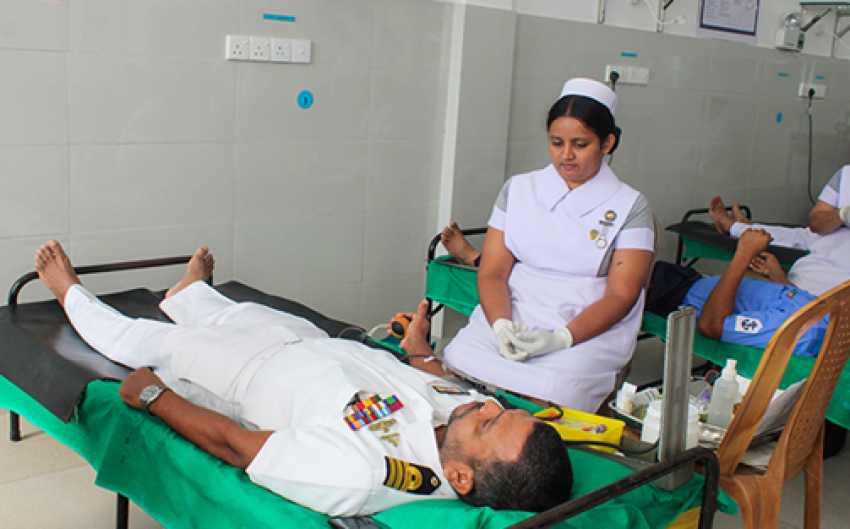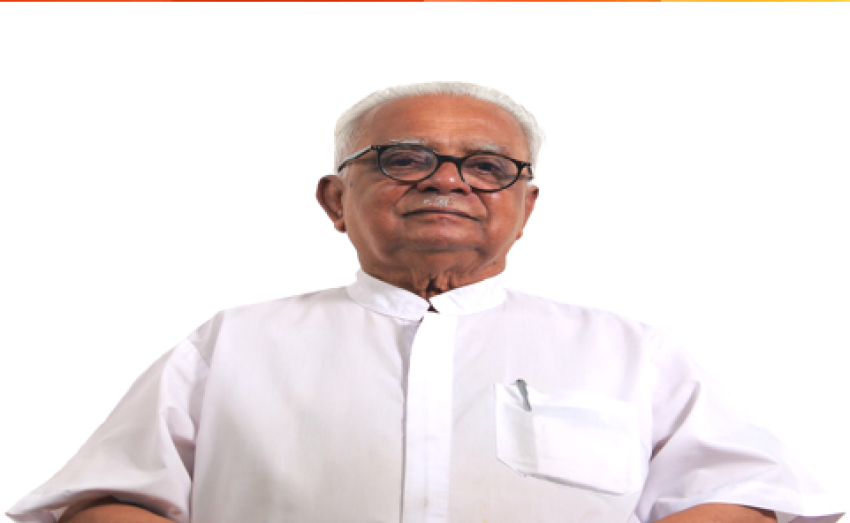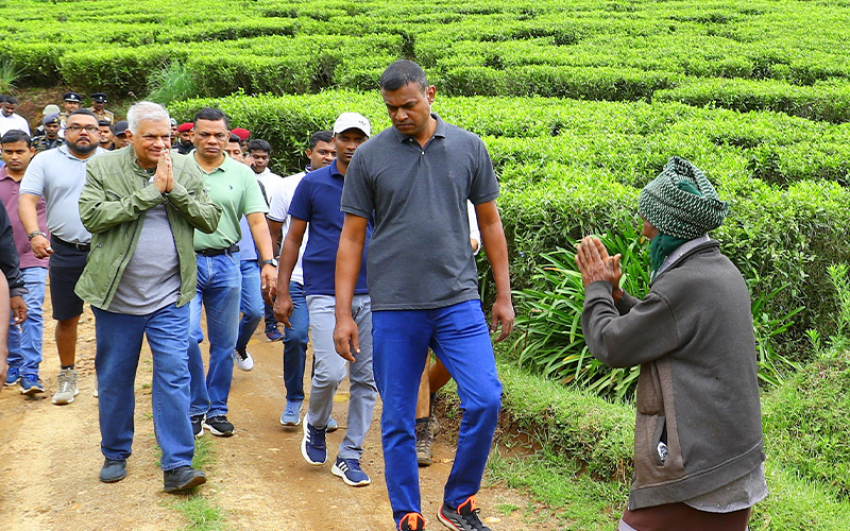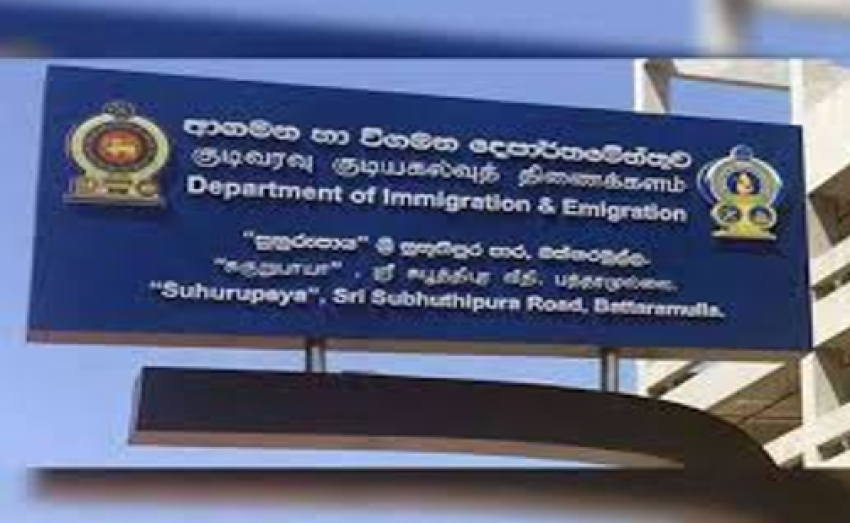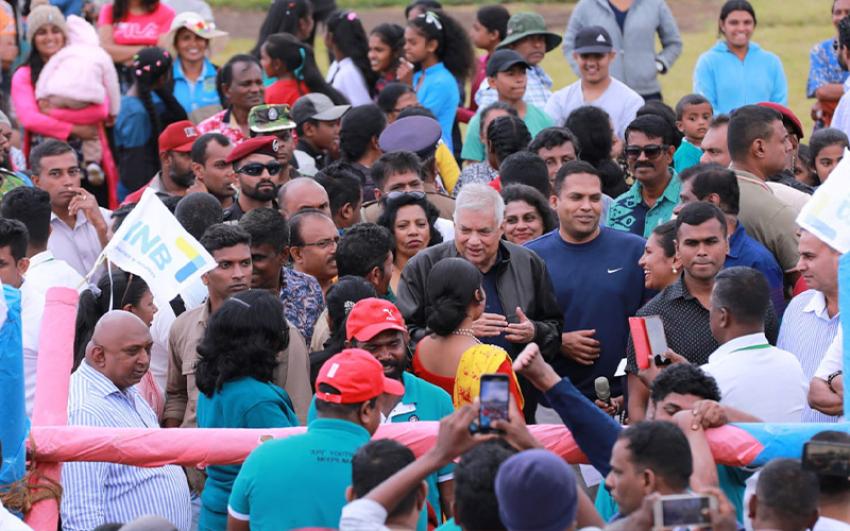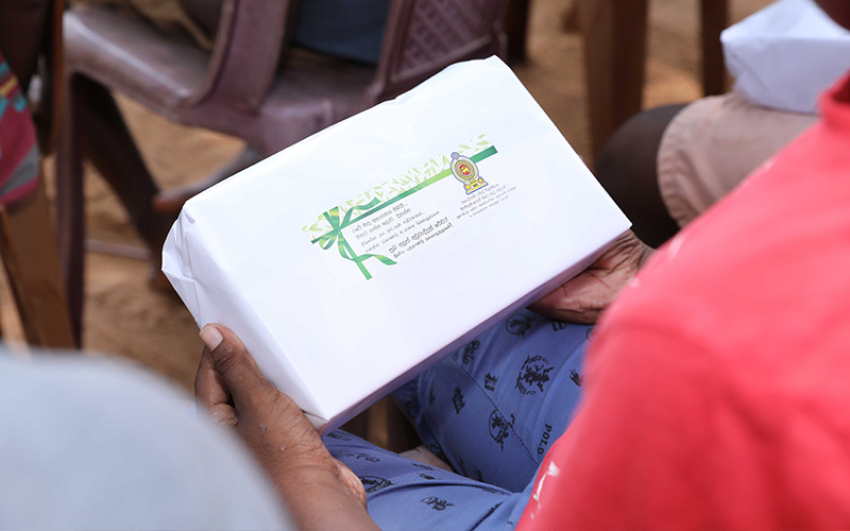Sri Lanka proposed to establish a system which encourages member countries to successfully achieve the expected commitments under environment conventions. A strong funding mechanism to assist countries such as Sri Lanka, which are severely affected by the adverse impact of climate change, has to be established for achieving sustainable development goals. The support of developed countries is required together with the cooperation among regional countries, in order to strengthen the sustainable industries to reap the benefits of blue green economies.
The UN Clean Seas Campaign has showcased remarkable achievements in protecting oceans around the world. In pursuant to the campaign, Sri Lanka has proposed another resolution for UNEA-4 in order to minimise ocean pollution from land based activities, including micro plastic.
President Sirisena called on the Asia Pacific nations that they should work hand in hand, to promote innovative environment friendly solutions to address the burning issue of marine pollution in the region.
As a way forward, and to implement a comprehensive program on global scale, Sri Lanka has proposed a resolution on mangrove conservation for the Fourth Session of the UN Environment Assembly. While reaching for innovative dimensions towards global food security and encouraging sustainable consumption patterns, Sri Lanka has proposed a resolution on managing food waste at the forthcoming UN Environment Assembly.
The third session of the UN Environment’s Forum of Ministers and Environment Authorities of the Asia Pacific focused on the UNEA-4 theme ‘Innovative solutions for environmental challenges and sustainable consumption and production’. The Forum gave an opportunity for Member States in the Asia Pacific to bring an Asia Pacific perspective to discussions at the world’s highest-level decision-making body on environment, the UN Environment Assembly, which will meet in March 2019 in Nairobi.
Keynote addresses were made by President Sirisena, Tuvalu Prime Minister. Enele Sosene Sopoaga and Deputy Prime Minister of Singapore Teo Chee Hean.
At the Forum, Member States reviewed the progress on the implementation of the UN Environment Assembly resolutions in Asia and the Pacific, progress of regional forums where UN Environment is the Secretariat, including the Asia Pacific Clean Asia Partnership, Asia Pacific Adaptation Network, and Acid Deposition Monitoring Network in East Asia. They identified priorities and engaged with major groups and stakeholders in the Asia Pacific and the private sector on environmental solutions, identified priorities and emerging issues from the region to be reflected in preparation for the upcoming UN Environment Assembly. They provided regional inputs to the UN Environment Assembly theme and its draft outcome documents at its fourth session and discussed challenges and opportunities to strengthen the regional environmental agenda for delivering the sustainable development goals and regional commitments to international agreements.
The Forum is also an occasion for UN Environment partners, UN agencies, private sector representatives, scientists, the academia, and civil society to bring their perspectives and ideas to achieve the environmental dimension of the 2030 sustainable development agenda.
President Sirisena pointed out that economic, social and environmental sustainability of the world, particularly, of our region, is severely affected by the adverse impacts of climate change. In such an era, it is appreciative that the Fourth Session of the UNEA is being thematically organized focusing on human knowledge and skills towards innovative solutions that successfully address environmental challenges.
“Being a follower of Buddhist philosophy, I firmly believe that we are responsible for securing the sustenance of, not only mankind, but also the life on earth as a whole,” he said and added, “hence, I trust that the Fourth Session of the United Nations Environment Assembly, to be held in March, will be a productive venture to ensure global food security.”
It is our prime duty to ensure the right to live in a safe environment and introduce environmentally sound economic trends that build upon sustainable global economic indices. Therefore, it is important to strengthen our regional cooperation to fulfil all environmental responsibilities and obligations.
President Sirisena told the Asia Pacific leaders that Sri Lanka is proud of its self sufficient agricultural civilisation and offered to share Sri Lankan experiences with others for the betterment of the whole world. “Our ancestors were blessed with food security as they respected nature,” he said.
The fertile soil and associated soil life is the heart of nature. Forests, which nurture soil resources as well as the waterways, are the blood of mother-earth and should be gifted to future generations securely, the President said.
The President, regretfully drew attention to the fact that Sri Lanka has been ranked second in the Global Climate Risk Index 2019. Being a tropical island, Sri Lanka’s dry zone covers 70% of its land area and receives less than 1,500 millimetres of rainfall per year.
Despite all the challenges of the adverse impact of climate change, Sri Lanka has commissioned the Moragahakanda and Kaluganga multipurpose water resources projects as one of the largest recent green investment.
This was introduced to combat the adverse effects of climate change, he said. It provides water for drinking and agricultural purposes for the communities in the dry zone. These twin reservoirs, with a capacity of 817 million cubic metres, boost the economy through irrigating an additional 84,000 hectares of farmland in the North, East and Central Provinces.
Though with very limited land, the Government has implemented the ambitious project, Wanaropa, to increase the forest cover from 29% to 32% by year 2030, President Sirisena told the Forum.

